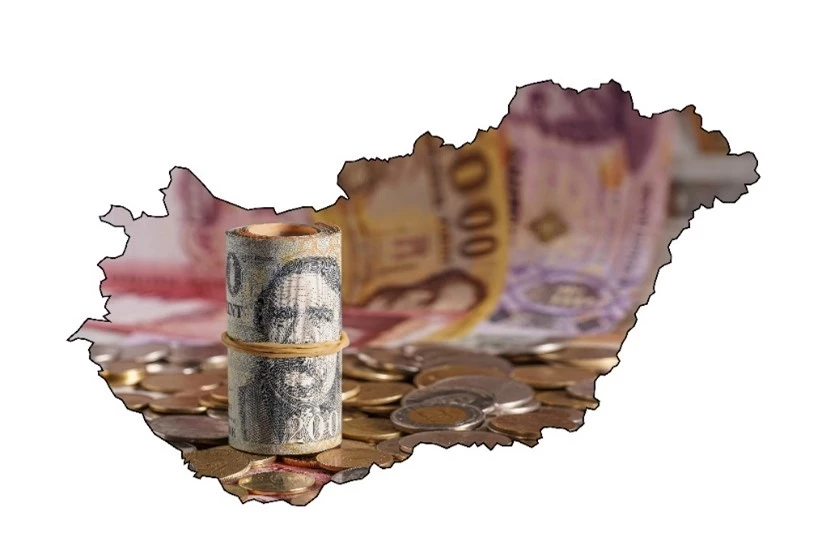Change language:
Hungarian central bank’s today decision may give a death blow to the forint – UPDATED

As we wrote earlier, Hungary’s central bank is expected to cut the one-day quick deposit rate to 17 percent from 18 percent. Since the bank’s measure aimed to boost the value of the forint in 2022, a possible reduction may result in a significant forint-weakening.
According to portfolio.hu, the Hungarian forint was moderately strengthening on Monday, so much so that it reached the 374/EUR exchange rate. It is important progress because last week’s second half saw considerable forint devaluation against the EUR and the USD. As a result, the Hungarian national currency could make up for some of the losses it suffered last week.
Today the focus of the investors will be on the central bank’s decisions and their subsequent communication. The market expects the Hungarian National Bank’s monetary council to start an interest rate-cutting period. For instance, Morgan Stanley projected a 100 base points cut. Consequently, the one-day quick deposit rate will fall to 17 percent from 18 percent. However, the base interest rate is not expected to change. On the contrary, it will remain the highest in the region (13 percent).
Central bank decides the future of the forint
That means the government and the central bank agreed to practically freeze the credit market in Hungary. Needless to say, nobody prefers to apply for a loan with such a high-interest rate. As a result, the Hungarian property market froze, and it is unlikely to revive until a significant base interest drop occurs. However, the central bank cannot do that if it wants to protect the forint. Besides, the Orbán administration does not want another forint/EUR peak either, like the one that occurred in autumn 2022 when one EUR cost more than 430 forints.
Currently, forint stands at 374.4/EUR and 346.5/USD. Yesterday was a day of strengthening, so we hope today will bring another boost, following the decisions of the Hungarian national bank. Weak forint only benefits the export as well as those Hungarians who work in Austria or Slovakia where they receive their salaries in euros, but it’s bad news for everyone else. Weaker forint largely contributes to the soaring inflation, which is the highest in Hungary in the EU, exceeding 25 percent. And that is just the tip of the iceberg. The food price inflation, for instance, is much higher, more than 45 percent on average. Many people, therefore, do their weekly grocery shopping in Slovakia, where they can pay with euros. We reported on this new consumer trend HERE.
UPDATE – Big announcement expected from the MNB governor
According to Pénzcentrum, György Matolcsy, the governor of Hungary’s central bank (MNB), will hold today’s press conference about the interest rate modification. The media outlet argues that may mean Matolcsy will share a big announcement. The press conference will start at 3 pm.








For weeks I read about the forint weakening but nothing much happening.
Many shops abroad. Perhaps those working abroad or leaving nearby the border but most do not. Cars do not drive on air plus there are other costs as well.
Perhaps it is a good idea to safe before buying something instead of all those loans. Since the banks charge for everything people can switch to online banks to save a lot of money if it comes to fees.